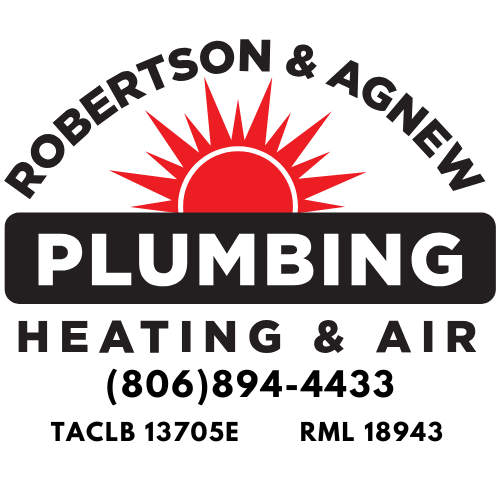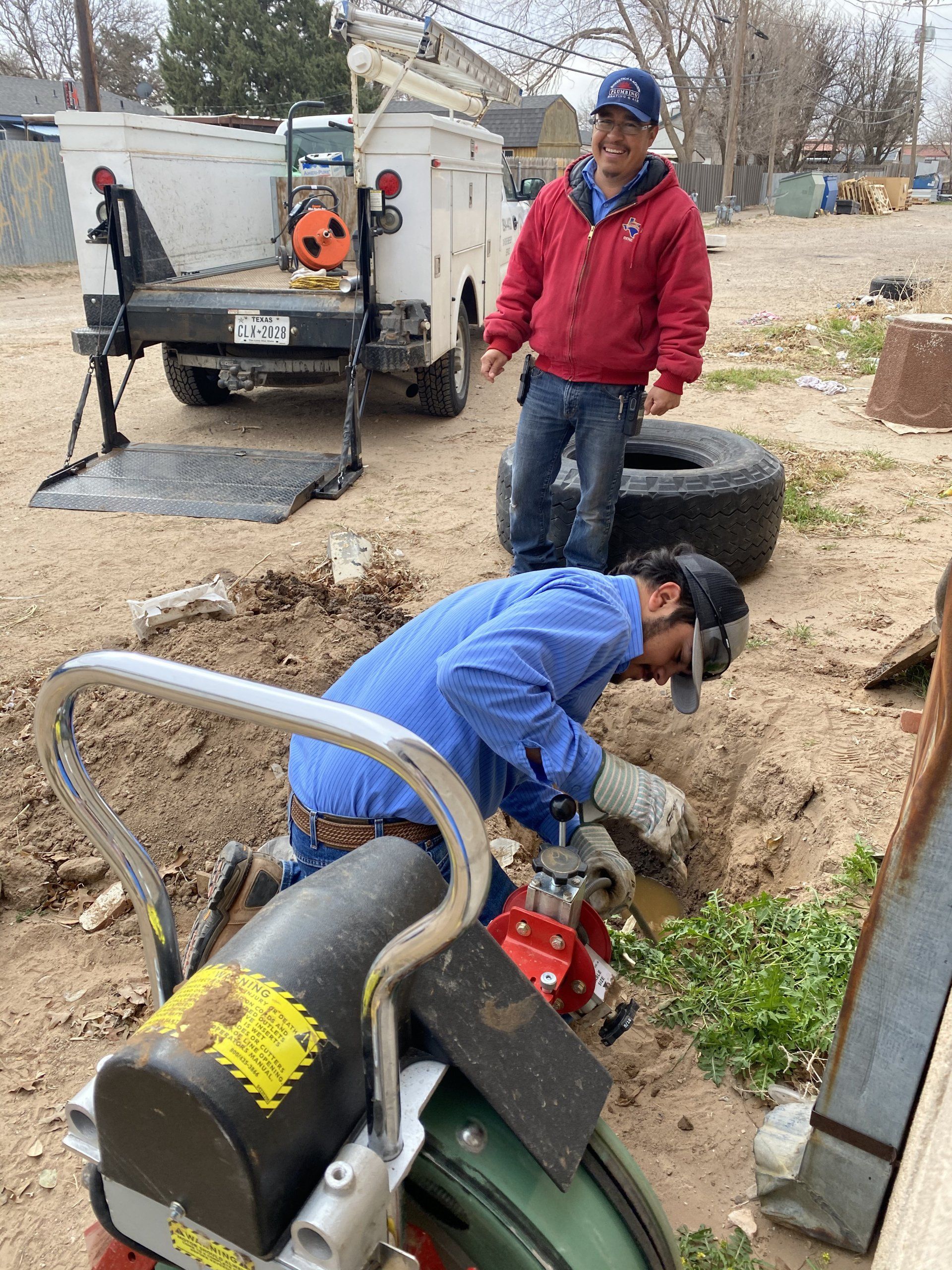YEARLY MAINTENANCE
A licensed HVAC technician will complete the following for your heating or air conditioner depending on the season.
1. Thermostat – To ensure your thermostat is working properly, the technician will calibrate the thermostat and make sure it is installed properly and located away from all heat sources, including light bulbs and heat-producing appliances.
2. Check/Tighten Electrical Connections – Technicians inspect electrical connections to make sure they are operating safely. Checking and tightening electrical connections catches potential electrical hazards and helps to improve the lifespan of your heating and cooling system.
3. Lubricate Moving Parts – This ensures that you aren’t causing any unnecessary damage to moving parts with friction. Lack of lubrication causes system parts to break down more quickly, requiring more frequent repairs and/or replacements.
4. Check and Clear Condensate Drain Line – Clearing your A/C’s condensate line ensures that your air conditioner can properly drain liquid condensate. If your drain line becomes clogged, this can cause water leaks, other moisture and wetness problems. Condensate drain cleanings also get rid of any mold and bacteria around your drain line. Your technician will also check if you have a cracked condensate drain pan and be able to repair or replace any leaking condensate drain lines that you may have.
5. Check System Controls – This ensures proper cycling and safe operation for your HVAC system. It’s important to check if your system is starting, operating, and shutting off properly.
6. Change or Clean Air Filter – This ensures that you have a working and clean air filter that is suitable for your exiting system. Although you are able to change your filter yourself (and you should!), Your HVAC contractor might point out a better filter or filtration system that you should be using.
TRAINED SERVICE TECHNICIANS WILL PERFORM A 60-90 MINUTE PRECISION TUNE UP AND PROFESSIONAL CLEANING INCLUDING THE FOLLOWING 20 OPERATIONS:
1. Blower Motor – measure amperage and voltage for proper operation
2. Thermostat – test for proper operation, calibrate and level
3. Clean existing air filter (as needed)
4. Bearing – inspect for wear and lubricate
5. Inspect indoor coil
6. Condensate Drain – flush and treat with anti-algae
7. Inspect Condenser Coil
8. Refrigerant – monitor operating pressures
9. Safety Devices – inspect for proper operation
10.Electrical Disconnect Box – inspect for proper rating and safe installation
11.Electrical Wiring – inspect and tighten connections
12.Test/inspect contactors for burned pitted contacts
13.Check electrical for exposed wiring
14.Inspect and test capacitors
15.Inspect fan blade
16.Clean condenser coil and remove debris
17.Inspect service valves for proper operation
18.Measure Supply/Return temperature differential
19.Inspect duct work for energy loss
20.Compressor – monitor, measure amperage and volt draw and wiring connections
CONTACT INFORMATION
Robertson & Agnew Plumbing Heating & Air
Address: 1503 Avenue H, Levelland, TX 79336, United States
Phone: (806) 894-4433







BUSINESS HOURS
Monday - Friday: 8:00 AM - 5:00 PM
Saturday: Office Closed
Sunday: Office Closed



